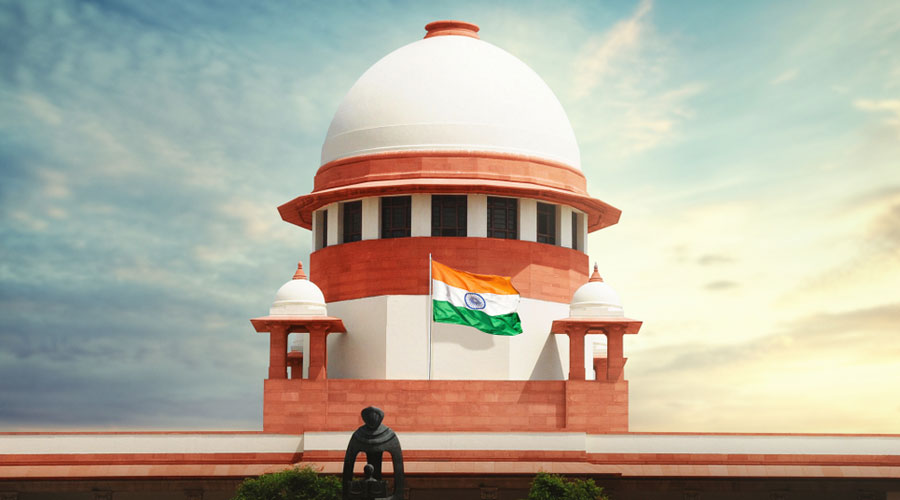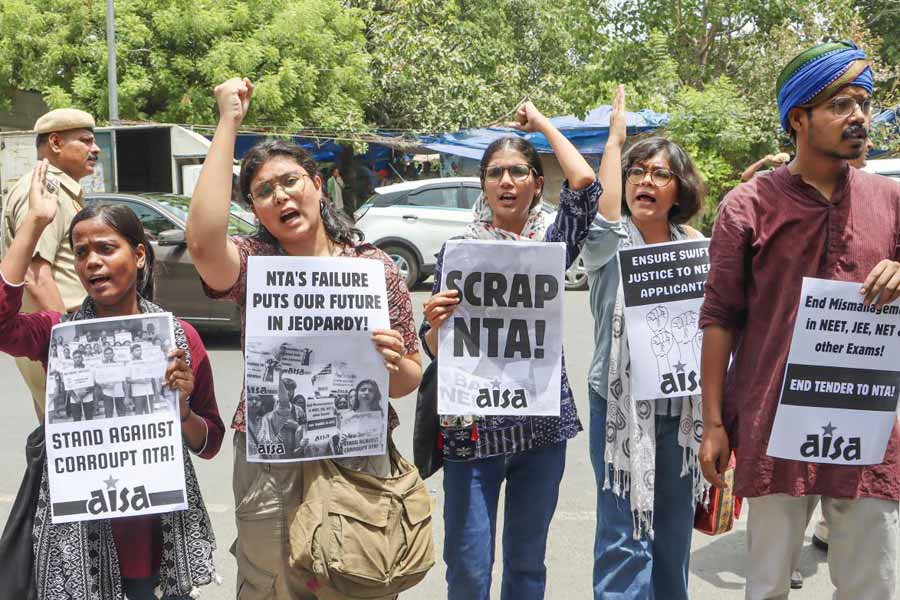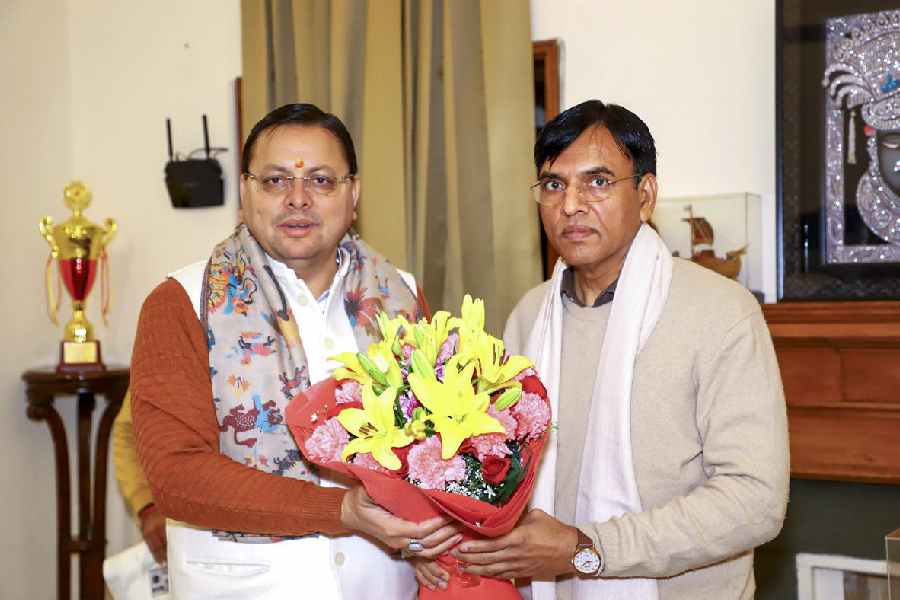The Supreme Court on Thursday overruled Delhi police’s objections to sharing with Delhi government leaders certain statements recorded against them in a criminal case, saying the matter may be a “political hot potato” but the prosecution’s stance had no “legal” relevance.
“You know that it is the basic principle of natural justice and common sense that an accused must have a copy of the documents. It might be a political hot potato but legally it is nothing…. It is not worth lingering in this matter,” Justice D.Y. Chandrachud, who headed the bench, told additional solicitor-general Aman Lekhi.
Lekhi was appearing for the Delhi police who report to the central government, which has often been at loggerheads with the Aam Aadmi Party government in Delhi.
“You can’t have the investigating agency pick and choose things which are favourable to you (prosecution).... The purpose of criminal justice administration is not to convict people but to allow criminal justice to run a fair course,” Justice Chandrachud said.
The case relates to a February 2018 complaint by then Delhi chief secretary Anshu Prakash, who had alleged that AAP legislators Amanatullah Khan and Prakash Jarwal had beaten him up at the official residence of chief minister Arvind Kejriwal.
Prakash had claimed that Kejriwal and deputy chief minister Manish Sisodia were present during the alleged assault.
The allegation set up a political slugfest between the BJP and the AAP and led to cases of assault and other criminal charges being lodged against Kejriwal, Sisodia and 10 other AAP leaders.
In July 2019, a trial court rejected a request from Kejriwal and the other accused to be given copies of the statement of one of the witnesses, V.K. Jain, the then adviser to the chief minister.
However, last October, Delhi High Court reversed the trial court’s order and directed that Jain’s statements be
given to the AAP leaders. The Delhi police challenged the high court order in the apex court.
However, the bench of Justices Chandrachud and M.R. Shah said the high court directive was a reasoned order and they did not wish to interfere with it.
Lekhi cited a technicality, arguing that while statements recorded under Section 161 CrPC had to be given to accused as a matter of their right, Jain’s statement had not been recorded under this section but was part of the case diary.
Justice Chandrachud rejected the argument and said that once a statement had been recorded, there was no reason not to share it with the accused unless the prosecuting agency wanted to adopt a “pick and choose policy”.
“This is a written statement and it will not be fair to the accused to not give it to them. If there is something which will benefit the accused, they are entitled to access it,” Justice Chandrachud remarked.
Statements recorded by the police under Section 161 have corroborative value in the court while other statements recorded in the case diary are for the investigating officer’s own reference. A trial judge can, however, use such statements to make his or her own enquiries.
Senior advocate Abhishek Manu Singhvi appeared for the AAP leaders.











